
The National Assessment of Educational Progress (NAEP), also known as "The Nation's Report Card", has been administered as a national assessment since 1969 and Maine has participated in NAEP state-by-state testing, in which results are provided for participating states since 1990. Maine's NAEP average scale scores in reading, mathematics, and science tend to be above the national public school average scores. Please note that NAEP does not report any results for individual students, schools, or SAUs in Maine.
Comparison of International & National Assessments
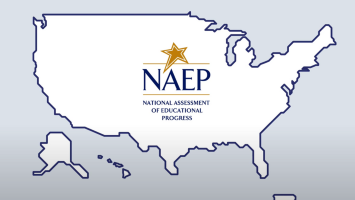
- National Assessment of Educational Progress (NAEP)
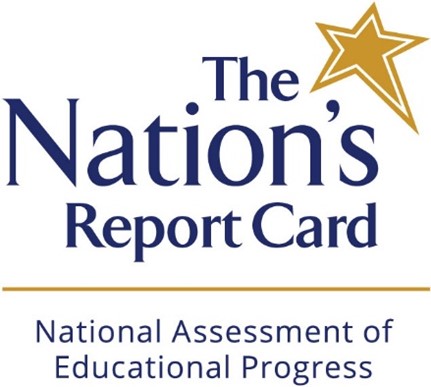
About NAEP Resources
The National Assessment of Educational Progress (NAEP) is a congressionally mandated large-scale assessment administered by the National Center for Education Statistics (NCES)—consists of print and digital assessments in various subject areas.
- About NAEP
- FAQs
- Register for 2026 NAEP Assessment Management System (AMS) & Completing the School Technology Survey (STS)
- Understanding the Difference: The National Assessment of Educational Progress and the Maine Through Year Assessment
NAEP School Coordinator Guidance
- Instructional Guidance Document for Maine School Devices
- Instructional Guidance Document for NAEP Devices
Experience Elements of NAEP
2026 Inclusion Policies
- Maine Students with Disabilities Inclusion Policy Operational
- Maine English Learners Inclusion Policy Operational
- Maine Students with Disabilities Inclusion Policy Pilot
- Maine English Learners Inclusion Policy Pilot
Spring 2026 Parent Letters
NAEP Results
The NAEP results are reported as the Nation’s Report Card. Student performance results and information about students’ learning experiences inside and outside of school are located in the available reports and summaries for each assessment and content area.
NAEP Data Tools
- International Computer and Information Literacy Study (ICILS)
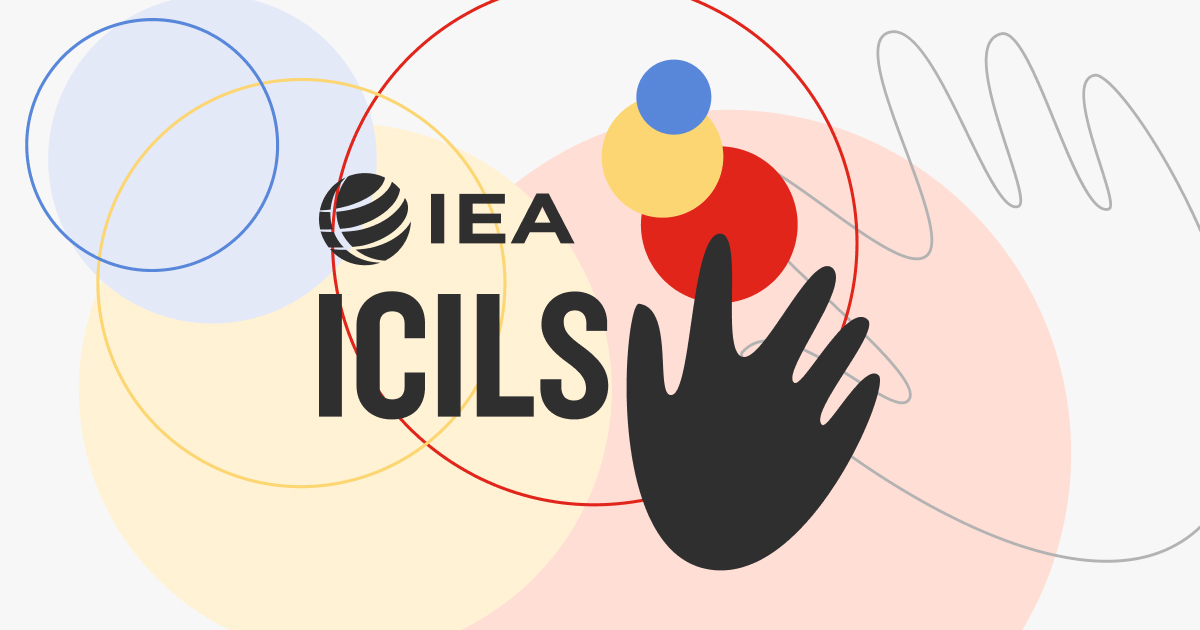
The International Computer and Information Literacy Study (ICILS) is a computer-based international assessment of 8th-grade students’ capacities to use information communications technologies in ways that go beyond a basic use of ICT. First conducted in 2013, ICILS assessed students’ computer and information literacy (CIL) with an emphasis on the use of computers as information-seeking, management, and communication tools. Thereafter, increasing international recognition of the importance of students’ abilities to recognize and operationalize real-world problems using computational formulations led to the development of the computational thinking (CT) component within ICILS. ICILS measures international differences in students’ CIL and CT with an emphasis on the use of computers to investigate, create, participate and communicate at home, at school, in the workplace and in the community, as well as international differences in approaches to writing software programs and applications.
ICILS is sponsored by the International Association for the Evaluation of Educational Achievement (IEA) and is conducted in the United States by the National Center for Education Statistics (NCES). The study allows the United States to monitor U.S. students’ skills and experience using technology, compare U.S. students’ skills internationally, and provide data on factors that may influence students’ CIL and CT skills. The data collected through ICILS provide valuable information with which to understand the nature and extent of the “digital divide” and inform our understanding of the relationship between technology skills and experience and student performance in other core subject areas.
- Computer based assessment of 8th-grade students’ capacities “to use information communications technologies (ICT) productively for a range of different purposes at home, at school, and in the community.”
- U.S. first participated in 2018 along with 13 other education systems
- Study usually administered in March-May
- Also collects contextual data from 8th grade students, 8th grade teachers, ICT school coordinators, and school administrators.
For more information:
- Program for the International Assessment of Adult Competencies (PIAAC)
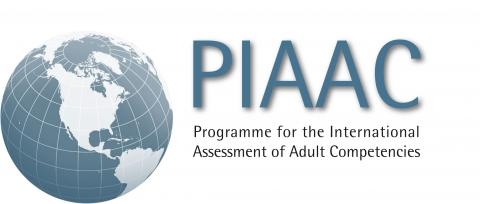
Program for the International Assessment of Adult Competencies (PIAAC) is a program of assessment and analysis of adult skills. This international survey is conducted in over 40 countries/economies and measures the key cognitive and workplace skills needed for individuals to participate in society and for economies to prosper. The evidence from the Survey has helped countries better understand how education and training systems can nurture these skills.
The survey is implemented by:
- interviewing adults aged 16 to 65 in their homes – 5,000 individuals in each participating country answering questions via computer, although the Survey can also be implemented via pencil-and-paper
- assessing literacy and numeracy skills and the ability to solve problems in technology-rich environments
- collecting a broad range of information, including how skills are used at work and in other contexts, such as the home and the community.
The survey is designed:
- to be valid cross-culturally and internationally
- for countries to be able to administer the survey in their national languages and still obtain comparable results
- to provide comparative analysis of skill-formation systems and their outcomes, and international benchmarking regarding adult skills
- as a survey that will be repeated over time to allow policy makers to monitor the development of key aspects of human capital in their countries.
For more information:
- Progress in International Reading Literacy Study (PIRLS)
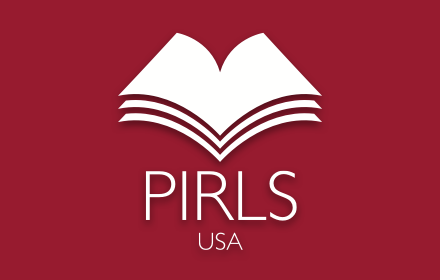
An international assessment and research project designed to measure reading achievement at the fourth-grade level, as well as school and teacher practices related to instruction. Fourth-grade students complete a reading assessment and a questionnaire that addresses their attitudes toward reading and their reading habits. Questionnaires are also given to students’ teachers and school principals to gather information about students’ school experiences in developing reading literacy. PIRLS complements what we learn from national assessments by providing valuable benchmark information on how U.S. students compare to students around the world. PIRLS allows educators, researchers, and policymakers to examine other education systems for practices that could have applications to the United States, and it contributes to ongoing discussions of ways to improve the quality of education of all students.
Since 2001, PIRLS has been administered every 5 years, with the United States participating in all past assessments. PIRLS is sponsored by the International Association for the Evaluation of Educational Achievement (IEA) and conducted in the United States by the National Center for Education Statistics (NCES). Beginning in 2016 and continuing in 2021 and beyond education systems participating in PIRLS could choose to administer online informational reading tasks. Education systems participating in paper PIRLS will administer the traditional PIRLS items, which are based on literary and informational passages. Education systems participating in digital PIRLS will administer an integrated assessment, which will include both the traditional PIRLS assessment in digital format as well as the interactive PIRLS items.
For more information:
- Program for International Student Assessment (PISA)
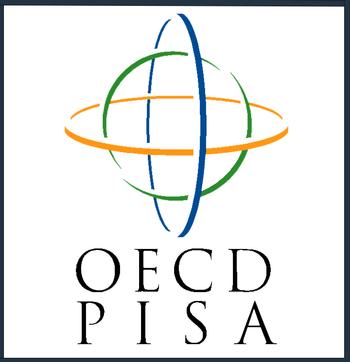
The Program for International Student Assessment (PISA) is an international assessment that is conducted every three years. PISA measures 15-year-old students' reading, mathematics, and science literacy. The major domain of study rotates between reading, mathematics, and science in each cycle. PISA also includes measures of general or cross-curricular competencies, such as collaborative problem solving. By design, PISA emphasizes functional skills that students have acquired as they near the end of compulsory schooling. PISA is coordinated by the Organization for Economic Cooperation and Development (OECD), an intergovernmental organization of industrialized countries, and is conducted in the United States by NCES. PISA was first conducted in 2000. Data collection for the most recent assessment was completed in Fall 2022. PISA 2015 assessed students' science, reading, and mathematics literacy in more than 70 countries and education systems. In PISA 2018, the major domain was reading literacy, although mathematics and science literacy were also assessed. The United States, along with 20 other countries and education systems, also participated in the optional financial literacy assessment in 2018, with the results released in May 2020.
For more information:
- Trends in International Mathematics and Science Study (TIMSS)
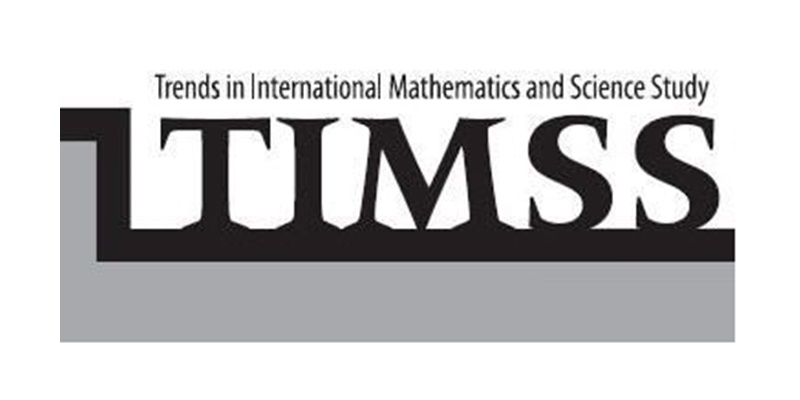
The Trends in International Mathematics and Science Study (TIMSS; formerly known as the Third International Mathematics and Science Study) is a study of classrooms across the country and around the world. TIMSS provides trend data on students' mathematics and science achievement from an international perspective. Through participation in TIMSS, the United States has gained reliable and timely data on the mathematics and science achievement of our students compared to that of students in other countries. TIMSS is the longest ongoing international student assessment. Since 1995, TIMSS has measured trends in academic achievement at grades 4 and 8 in more than 60 countries around the world, including the United States. Results from these assessments are used by researchers and policymakers to chart national progress against international standards and other countries around the world, informing national discussions about international competitiveness. In 2019, TIMSS transitioned to digital administration.
For more information:
- Teaching and Learning International Survey (TALIS)
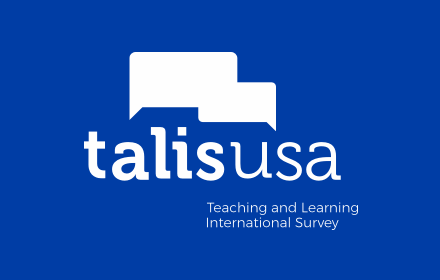
TALIS is a survey about teachers, teaching, and learning environments. TALIS is unique because it is the only comparative international education study that collects data on nationally representative samples of teachers. For the United States, TALIS provides key information on teachers and principals and how they and their working and learning environments compare internationally. TALIS is sponsored by the Organization for Economic Cooperation and Development (OECD). Composed of one questionnaire for teachers and a separate questionnaire for their principals, TALIS asks questions about their backgrounds, work environments, professional development, and beliefs and attitudes about teaching.
The target population in TALIS is lower secondary teachers and school principals. That corresponds to grades 7, 8, and 9 in the United States.
TALIS was first administered in 2008 and then in 2013 and 2018. The United States first participated in the 2013 cycle, along with 37 other education systems.
For more information:
Contact
Regina Lewis, PhDCoordinator of NAEP & International Assessments
Phone: 207-530-1355
Email: Regina.Lewis@maine.gov